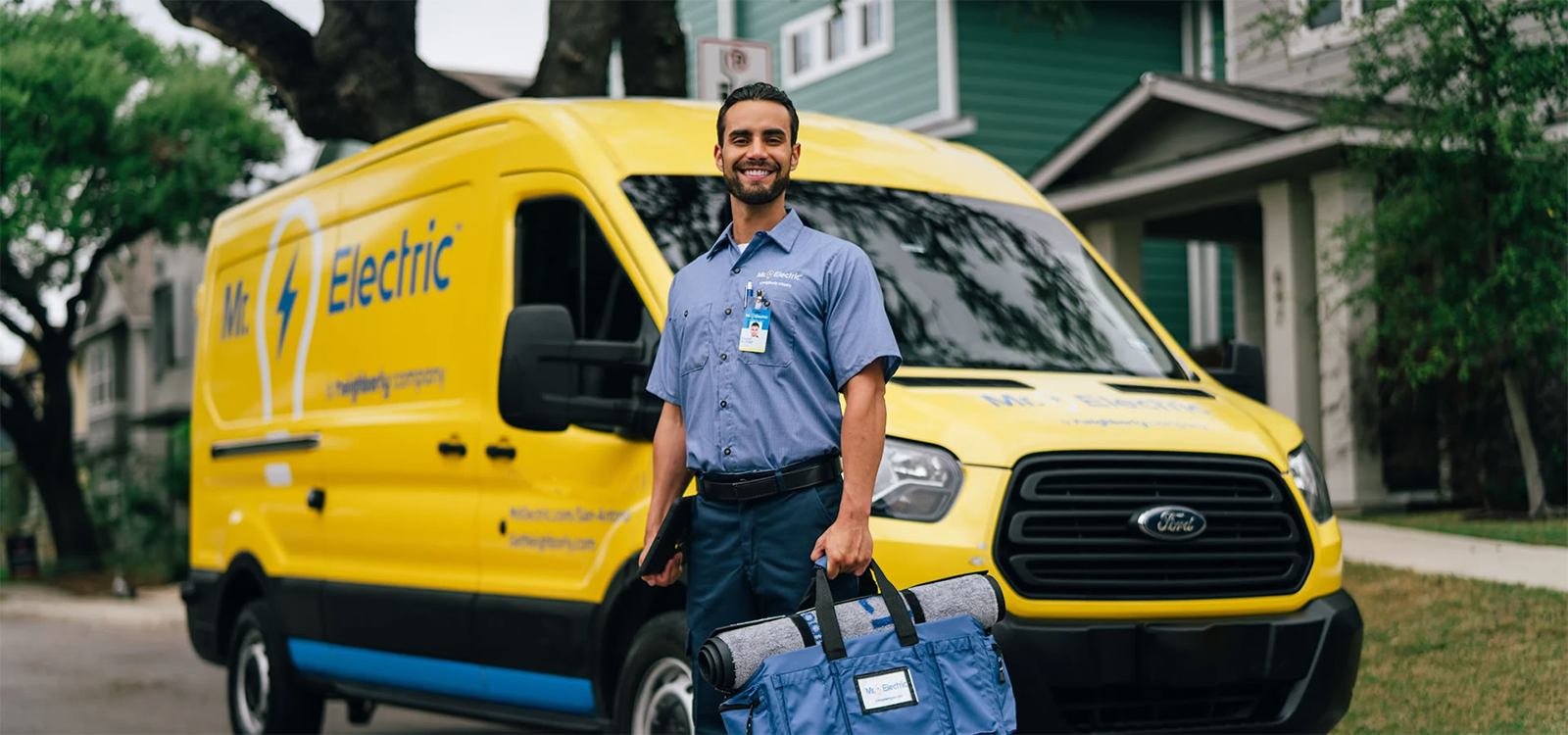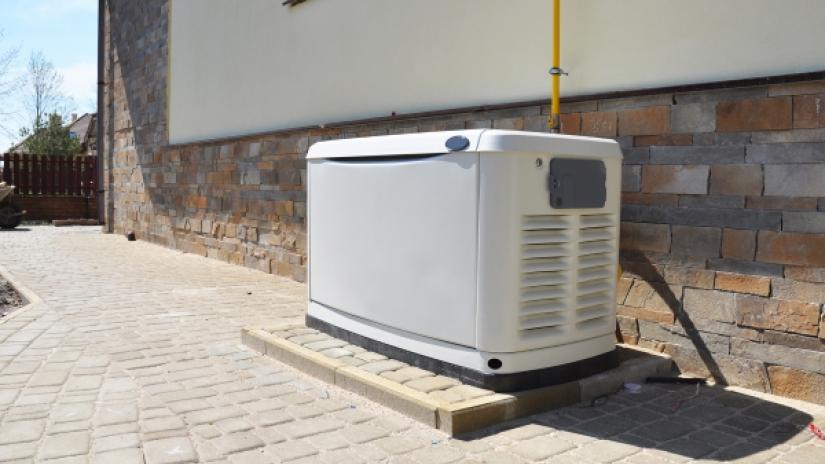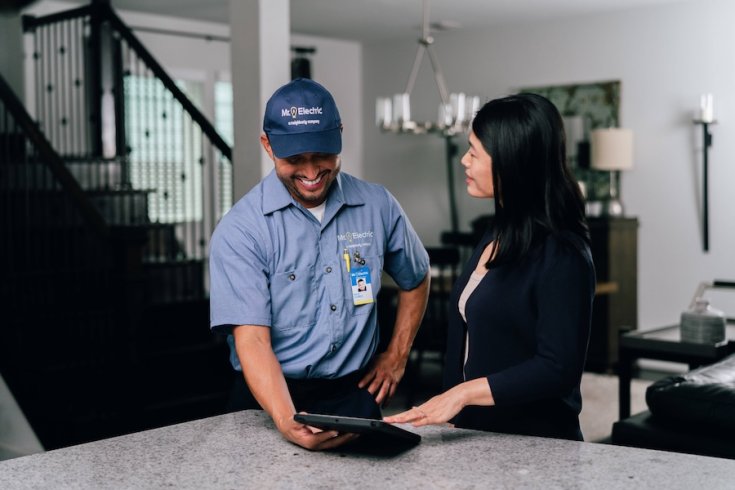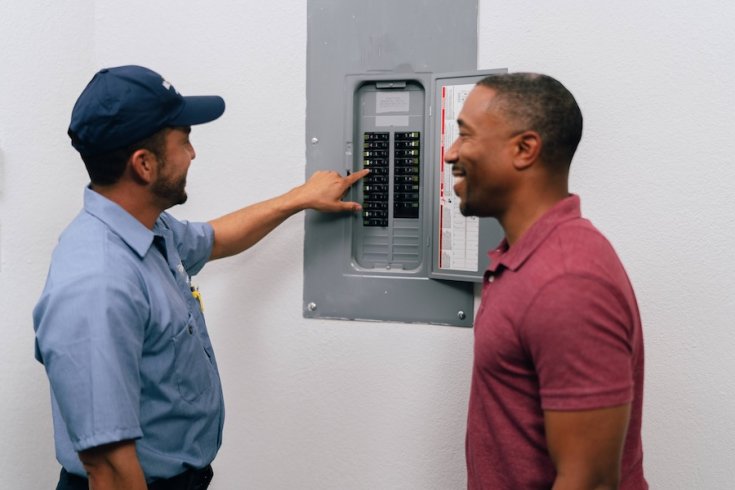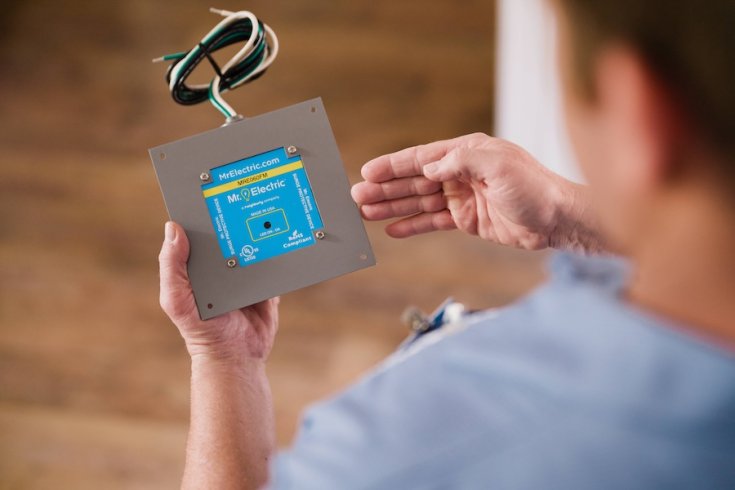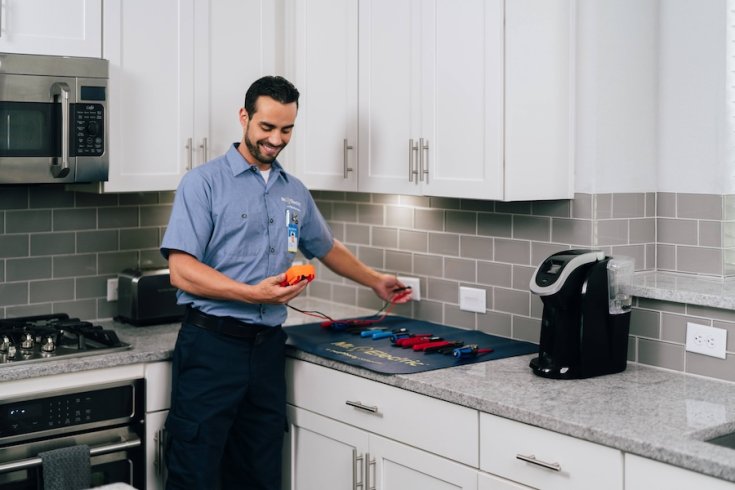What Size Generator Do I Need for My Home?
From smartphones and computers to refrigerators and security systems, a great deal of our life and day-to-day activities depends on a reliable supply of electricity. Sadly, power outages are not uncommon. Whether due to severe weather events, utility failures, or unforeseen circumstances, power outages can throw our life out of whack. This is where a home generator installation comes to the rescue. But how do you choose the right size generator for your home? In this brief article brought to you by Mr. Electric, we’ll offer some tips!
If you need a certified and uniformed electrician to handle your generator installation, or if you need any electrical repair service, you can call the professionals at Mr. Electric. We are an established business with a commitment to exceptional technical and customer service!
Why a Generator is a Must-Have for Your Home
A generator is a device that converts energy, usually propane, diesel, or gasoline, into electricity that you can use for your electronics and appliances. While portable generators are typically started manually, standby generators are permanently installed outside the home and are designed to activate automatically when the primary power source fails.
Standby generators provide a seamless source of backup power to critical household appliances, such as refrigerators, freezers, sump pumps, heating, and cooling systems. They can protect your property from burst pipes in freezing temperatures or save your food from spoiling. Standby generators can also keep security systems, alarms, and cameras active, maintaining the safety of your home and loved ones.
What Generator Is Right for You?
Choosing the right generator for your property is a personal decision. You must consider your power needs, the size of your home, and the specific appliances or systems you want to keep running during a power outage. Here are some things to consider when choosing the size of the generator.
Start by listing all the essential electrical appliances and systems you want running during the event of a power outage. This may include lights, refrigerator, heating/cooling systems, sump pump, security system, and other critical devices.
Next, note their power ratings in watts, considering the start-up wattage as well as the running wattage. For example, a refrigerator might require 800 watts to run but 2200 watts to start.
Now, add up the total wattage. This will give you an idea of the generator's capacity you need to handle your power needs. If the total wattage is too high for a single generator, you can prioritize essential loads and use load management techniques to cycle power to non-essential loads during an outage.
Consult with a Certified Electrician
Choosing the right generator is challenging enough. If you’d like to get an electrician’s input, then call Mr. Electric to schedule an appointment or on-site visit. When you choose Mr. Electric for your home generator installation, our electricians can help you choose the perfect generator based on your needs and preferences. Our friendly representatives are on standby to take your call and tell you about our pricing. Don’t forget to explore our website to find applicable discounts, coupons, and promotional offers!


